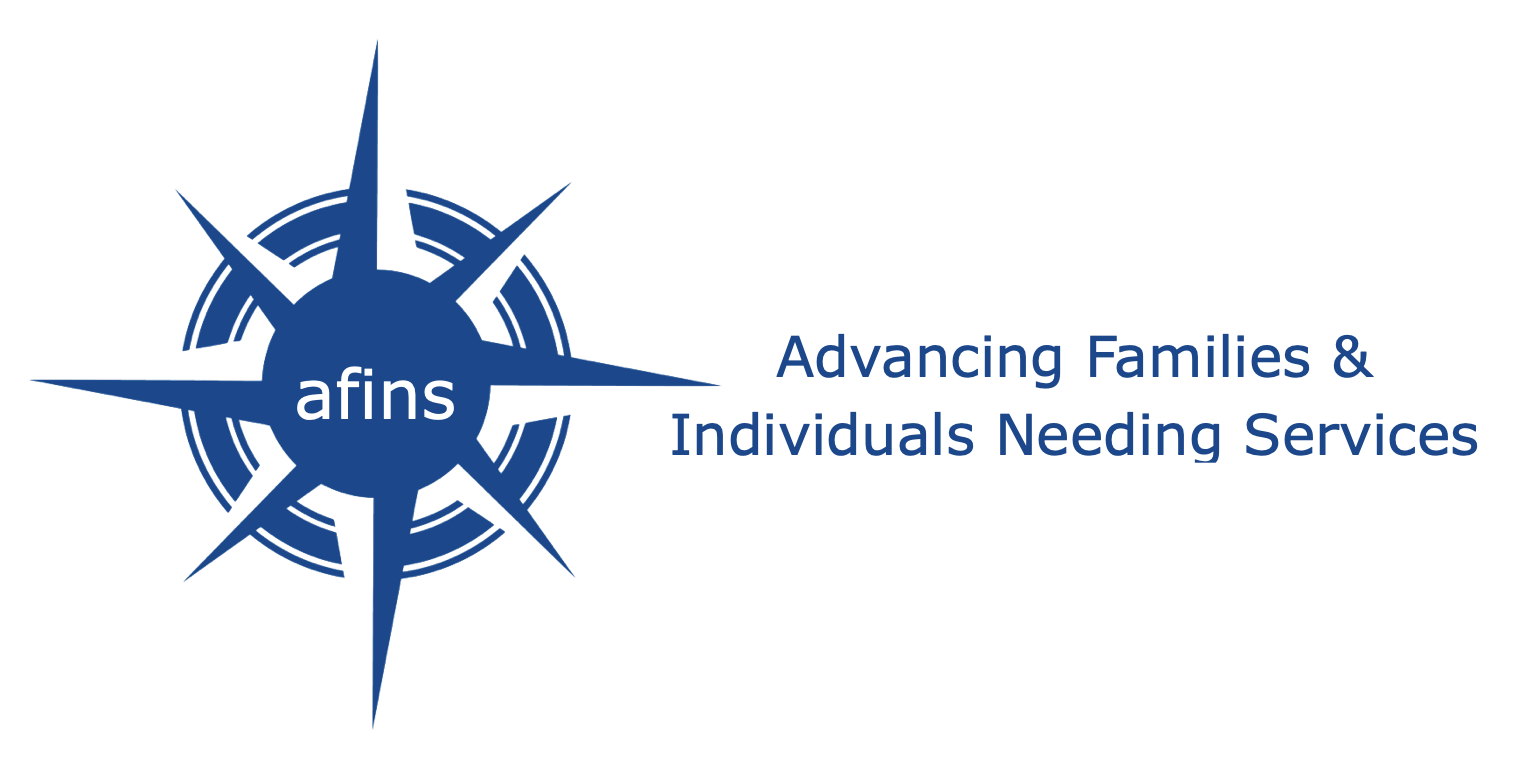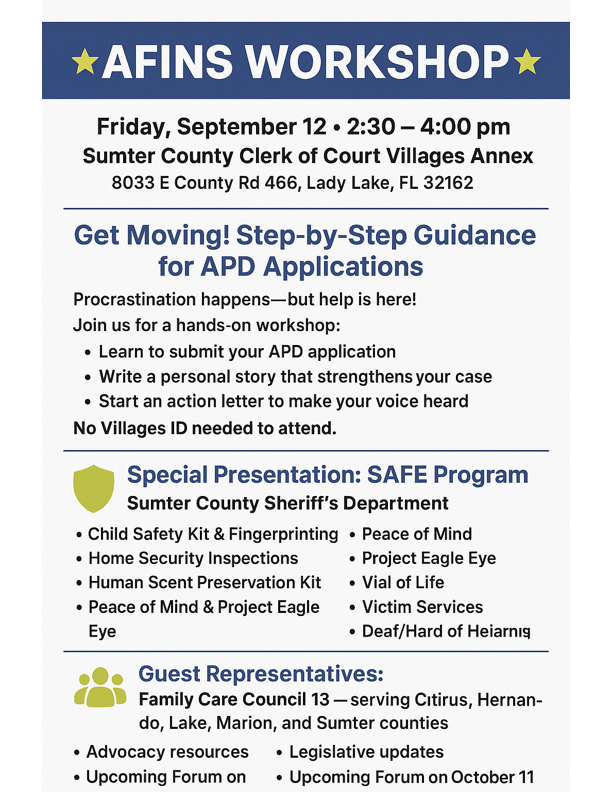Supplemental Security Income (SSI) is a need-based program administered by the Social Security Administration (SSA). Because it is designed for individuals with limited income and resources, any form of support they receive — including free or subsidized housing and utilities — can be treated as in-kind support and maintenance (ISM) and may reduce their monthly SSI benefit. ISM refers to shelter (housing and utilities) that someone receives for free or at a reduced cost. If a person receives ISM, the SSA may reduce their SSI benefit accordingly.
If someone receiving SSI lives in another person’s household, such as a parent, guardian, sibling, or friend, the SSA examines whether they pay their fair share of household costs or receive any free or discounted living arrangements. To avoid a reduction in benefits, the SSI recipient must contribute an equal share of the total household expenses. This rule ensures that SSI is used only for those with genuine financial need, and not subsidized further by others without it counting toward their income. Total household expenses include:
- Rent or mortgage
- Property taxes
- Utilities (electric, water, gas, etc.)
If the SSI recipient does not pay their full share, the SSA will presume they are receiving ISM, and their monthly SSI benefit could be reduced — up to one-third of the federal benefit rate (plus a small adjustment in some cases).
Important Update on Food and Clothing
As of September 30, 2024, food is no longer counted as in-kind support and maintenance. This means you no longer need to include the cost of groceries when calculating someone’s “fair share” of household expenses.
Additionally, since March 9, 2005, clothing has also not been counted as ISM.
However, please note that the SSA has not yet updated Form SSA-8011-F3 to reflect these changes. Be mindful of this when completing the form.
Exceptions
ISM Does Not Apply to SSI Recipients Owning or Renting: If the person owns or rents their own place or pays the full market value for room and board (like a formal rental agreement), ISM does not apply.
ISM Does Not Apply to Minor Children Living at Home: SSI children living with their parents or legal guardians do not have their SSI reduced due to free housing or utilities provided by the household. The SSA assumes that parents provide food and shelter to their minor children, and that does not count against the child’s SSI. The child is not penalized for receiving free room and board from their parent or guardian.
Parental Income is “Deemed” to the Child: While ISM is not counted, some of the parent’s income and assets are “deemed” to the child when calculating SSI eligibility and payment amounts. This means the SSA may reduce or deny the child’s SSI benefit based on how much the parent earns or owns.
Deeming applies if:
- The child is under 18 (or under 22 and regularly attending school)
- Lives at home with a parent (biological, adoptive, or step-parent)
At age 18, the SSA stops deeming parental income to the child. The SSI recipient is now considered an independent adult, and ISM rules come into effect. If they still live with their parents or guardian and do not pay their fair share of household expenses, their benefit may be reduced. The SSA may reevaluate their eligibility using the adult disability criteria. Planning for this transition is important.
If the Child Pays Rent, It May Be a Problem: If a child with SSI pays the parents rent, it could raise red flags with the SSA, as minors are generally not expected to be responsible for rent. It’s better not to charge rent to an SSI child unless they’re nearing age 18 and transitioning to adult rules.
Reporting In-kind Support and Maintenance
The SSA is not very consistent about proof of ISM. Some case workers only ask if the SSI recipient is receiving ISM in a phone interview, while others will request that the head-of-household provide a written statement or complete and submit a Statement of Household Expenses and Contributions (SSA-8011-F3)
The written statement can be something as simple as:
“Our monthly housing bills total $X. There are X people in the home. John pays $X as his fair share of household expenses.”
When the SSA Requires Statement of Household Expenses and Contributions
The SSA uses Form SSA-8011-F3 during the SSI application process or redetermination reviews when the individual lives in someone else’s household, does not have a rental or room-and-board agreement that clearly shows they pay their fair share, or may be receiving free or reduced-cost shelter. It is typically required when the SSA cannot verify who pays the household bills, needs to determine the SSI recipient’s “fair share” of expenses, or suspects the recipient may be getting in-kind support from the household.
There are specific scenarios that trigger Form SSA-8011-F3:
- When an adult SSI recipient lives in someone else’s home and may not be paying full share of household costs
- Living arrangements change
- When an SSI redetermination interview reveals possible ISM
- When SSA is unsure how much the household member contributes to expenses
Do not submit Form SSA-8011-F3 on your own unless SSA asks for it. It’s not a routine form like an application — it’s part of a fact-finding process triggered by certain situations.
Conclusion
Understanding how in-kind support and maintenance affects SSI benefits is essential for protecting the financial stability of individuals with disabilities. The key takeaway is this: when an SSI recipient lives in someone else’s household, they must pay their fair share of housing and utility costs to avoid benefit reductions. Thanks to recent rule changes, food no longer counts as ISM — simplifying the calculation — but accurate documentation is still crucial.
Use the fair share method, keep clear records, and be prepared to respond if the SSA requests verification. With proper planning and awareness, families and caregivers can ensure that loved ones receive the maximum SSI benefit they’re entitled to — without unexpected penalties or delays.
Article contributed by Debbie Jenkins






